Nocturnal Enuresis also known as bedwetting is the involuntary wetting during sleep after the age at which bladder control is normally obtained. It is normally found in children ages 5 years or older who has never achieved consistent night-time dryness. At five years of age, 15 to 25 percent of children wet the bed. With each year of maturity, the percentage of bed-wetter’s declines by 15 percent. Hence, 8 percent of 12-year-old boys and 4 percent of 12-year-old girls are enuretic. Children with nocturnal enuresis may have excessive nocturnal urine production, reduced bladder capacity, poor sleep arousal or any medical condition. It’s a common problem affecting an estimate 5 to 7 million children in United States alone and the number is higher worldwide. Nocturnal enuresis occurs three times more often in boys than in girls. Unfortunately, only about one third of the families of children with this frequently troubling problem seek help from a physician or use an enuresis alarm.
There are two kind of nocturnal enuresis. Primary Enuresis and Secondary Enuresis.
Persistent Primary Nocturnal Enuresis is a condition which starts during childhood when child is 5 years or older where night time dryness has not been achieved for longer than six months. This may further be subdivided into children who have enuresis only at night and those who also have daytime symptoms. This is the most common form of nocturnal enuresis. To know this situation if your child has primary nocturnal enuresis know the following,
In addition, for children with day time symptoms find out,
Secondary Enuresis is defined as nocturnal enuresis in which night time dryness has been achieved at some point in life. Dryness may have occurred for many years but then night time wetting suddenly begins during sleep in children, teens or adults. To know this situation if someone has secondary nocturnal enuresis know the following,
Some theories may contribute to individuals developing an enuresis condition.
Neurological-developmental delay-Studies suggest that bedwetting may be due to a nervous system that is slow to process the feeling of a full bladder
Anti-diuretic hormone (ADH)– insufficient production of ADH, or insufficient response to ADH, leads to an overproduction of urine, often beyond the capacity of a child’s bladder.
Constipation-When the bowels are full, it can put pressure on the bladder which causes bed wetting.
Sleep apnea– stemming from an upper airway obstruction has been associated with bedwetting.
Sleepwalking-Sleepwalking can lead to bedwetting.
Stress-Stress is not a cause of primary nocturnal enuresis, but is well established as a cause of secondary nocturnal enuresis
Improper toilet training-This is another disputed cause of bedwetting
Heavy sleeping– bedwetting children are heavy sleepers.
Type 1 Diabetes Mellitus-Nocturnal enuresis could be the presenting symptom of type 1 diabetes mellitus.
Stop Bedwetting Permanently
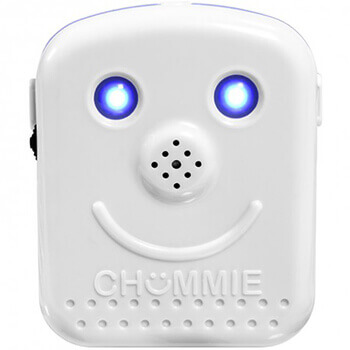
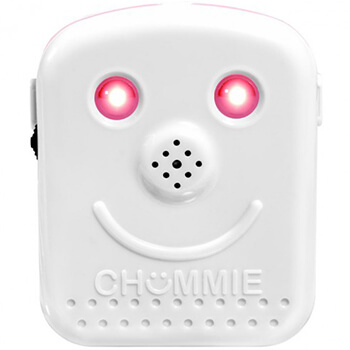
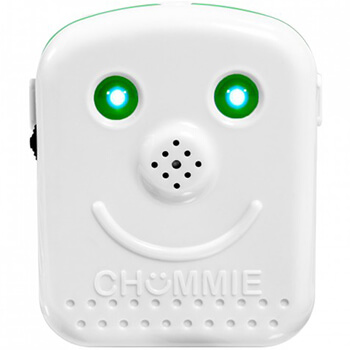
Scroll above to apply a Skin
Full Features Alarm
8-tones, lights and vibration
$89.99
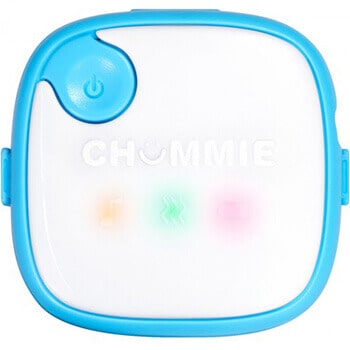
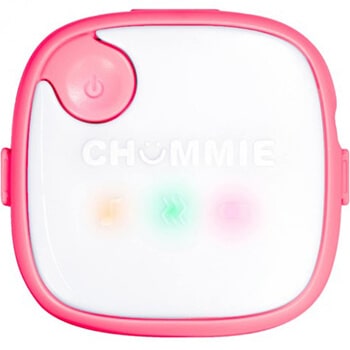
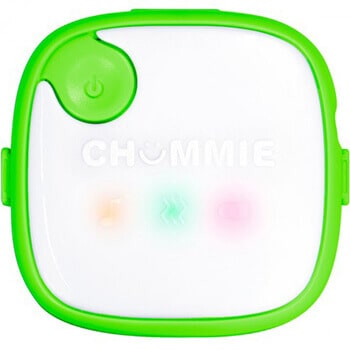
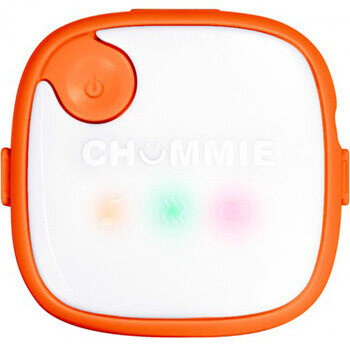
Scroll above to apply a Skin
Budget Friendly Alarm
5-tones, lights and vibration
$79.99
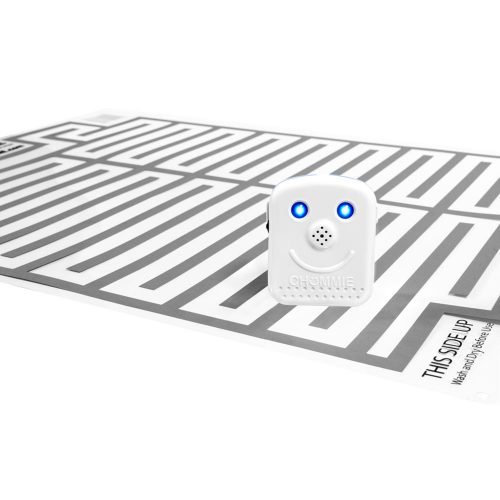
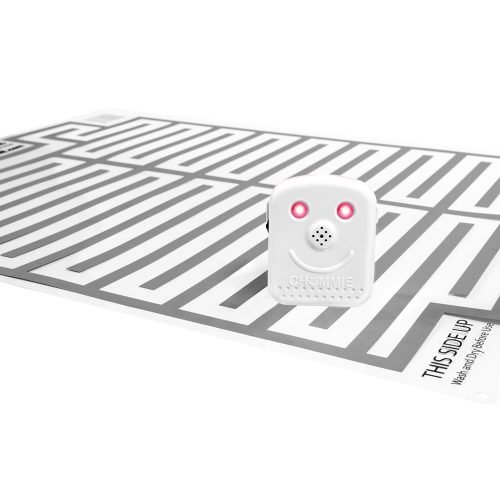
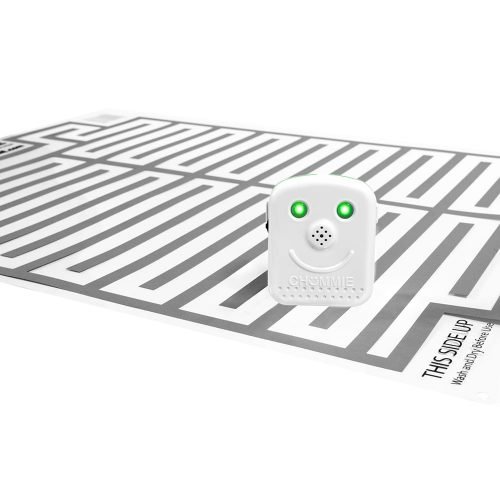
Scroll above to apply a Skin
Comfortable Alarm
8-tones, lights and vibration
$89.99
Variety of waterproof bed pads, sheet protectors & mattress pads